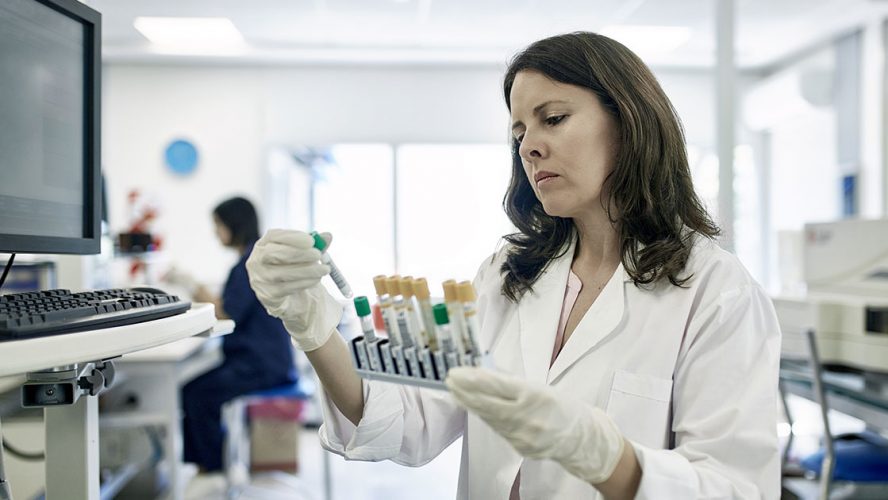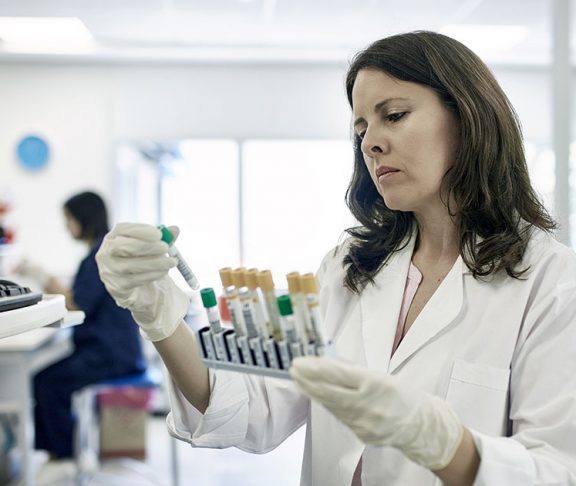Today, most cancers go undetected until it is too late because there is no early screening available for the majority of deadly cancers.
Despite the many advances in healthcare, cancer remains the second-leading cause of death in the United States. More than 600,000 Americans are estimated to die from cancer in 2020 — nearly 1,700 loved ones a day.
We know that early detection saves lives. However, current guideline-recommended screenings in the United States test for only five cancers and screen for a single cancer at a time. In fact, 7 in 10 cancer deaths are attributed to cancers currently lacking available screening tests.
A groundbreaking blood test
The most pressing unmet need in early cancer detection is to identify cancers for which there are no existing recommended screening tests. A simple blood test capable of detecting multiple cancers could have a tremendous human and economic benefit.
That’s why GRAIL is pioneering Galleri™, a multi-cancer early detection blood test. In a clinical study, an earlier version of Galleri demonstrated the ability to detect over 50 types of cancers — over 45 of which have no recommended screening — with a low false-positive rate of less than 1 percent, all through a single blood draw.
Supported by evidence from GRAIL’s population-scale clinical study program, believed to be one of the largest of its kind, Galleri looks for the small quantities of genetic material that tumors release into the bloodstream. These small fragments can reveal both the presence of cancer and where the cancer is located in the body. Most importantly, this technique can find cancer earlier, when it’s most treatable.
GRAIL estimates that by adding Galleri to existing screening tests, there is the potential to detect nearly 70 percent of cancers resulting in death within five years at an earlier stage. This would translate to the potential to avert 39 percent of the deaths expected. Galleri is scheduled to be commercially available next year.
To help reduce cancer deaths, we need to modernize our healthcare system from “break it and fix it” healthcare to one that is focused on prediction, prevention, and early detection. The arrival and broad adoption of multi-cancer early detection would provide an opportunity for us to evolve our approach. It is clear: we must transition from screening only for individual cancers to screening individuals for all types of cancer.


